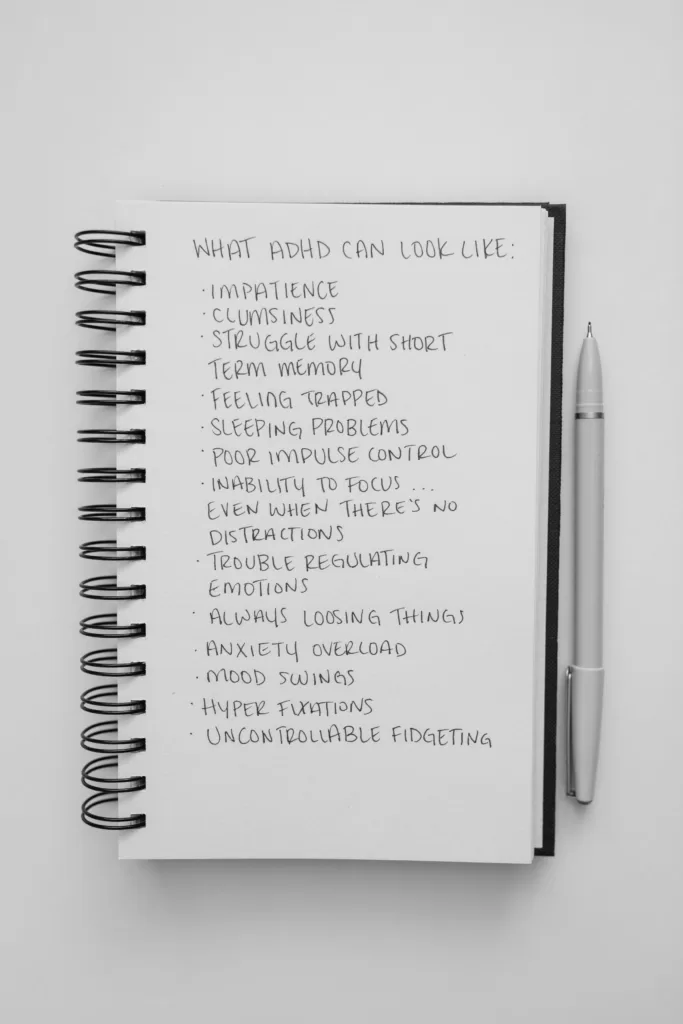Living with ADHD as an Adult (part 2)

In the first part of this series, we delved into the prevalence rate of adult ADHD, ADHD as a deficit of one’s executive functioning, and ADHD as a performance disorder rather than a knowledge deficit. In this article, we’ll flesh out what strategies, tools, and treatment that are helpful for adults with ADHD to consider.
Just as a reminder, ADHD negatively affects one’s ability to take knowledge, to activate it, to hold it in mind, and to use it to guide behavior and performance. So how can you compensate for these deficits? According to Dr. Russell Barkley, an expert in ADHD, here are some strategies:
1. Externalizing information outside of the mind: putting information on lists, signs, journals, digital recorders, and any storage devices other than the brain. By putting what you have agreed to do and what the deadline is externally, you can refer to it frequently to keep yourself accountable.
2. Externalize time related to important tasks and make time physical by having clocks, timers, a timer that counts backwards, and whatever device that can help guide you through time in all of your environments.
3. Break up lengthy long-term tasks into many smaller steps to be done more frequently.
4. Organize work space and flow of work–removing distractions from the workspace.
5. Oftentimes, it is hard to get started on tasks that aren’t appealing and it is easy to procrastinate. So it is important to find external motivation and to make consequences more external, frequent, and compelling. One example is to ask others–coworkers, friends, family members–to keep you accountable about completing tasks and deadlines.
6. Externalize mental problem solving by working with your hands to solve problems.
In terms of seeking professional help from a mental health provider, we often take a multi-step approach to helping folks with ADHD. The first step is often a psychological evaluation to determine if ADHD is clearly present and to also assess for other co-existing mental health issues. It is important to address the anxiety, depression, and other mental health issues related to and coinciding with ADHD in therapy. Subsequently, I like to provide clients with education about the nature of ADHD, encourage clients to seek a medication consultation with a physician or psychiatrist, and provide tools via therapy to change behaviors and cognitions in order to help with executive functioning deficits. Lastly, there are often physical changes in one’s environment that an adult with ADHD may need to make to accommodate for their difficulties–for example, breaking work down into small units of time at work or at school as well as choosing ADHD-friendly settings and occupations.
Kevin Lee, PsyD
Clinical Psychologist

